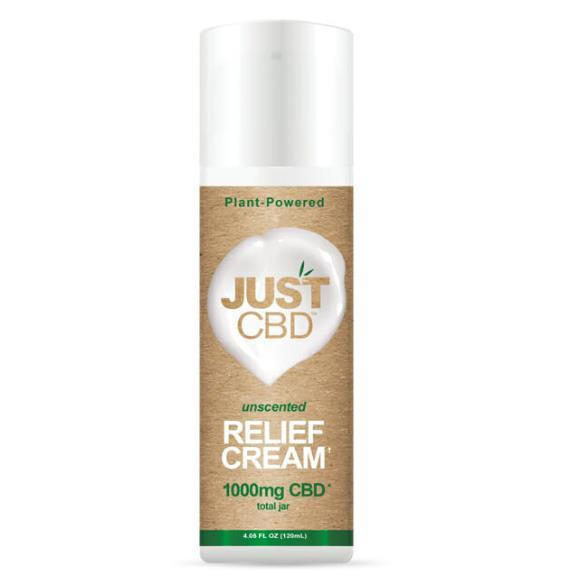Relieving Tendonitis Pain with Topical Creams: Understanding How They Work
Tendonitis, also known as tendinitis, is a common condition that affects the tendons, which are the thick cords that attach muscles to bones. It is typically caused by repetitive motion or overuse of a particular tendon, leading to inflammation, pain, and limited mobility.
While there are various treatments available for tendonitis, one popular option is the use of topical creams. These creams are designed to alleviate pain and inflammation directly at the affected area, providing quick and targeted relief. But how do they work, and what are the best options available?
Understanding Topical Tendonitis Creams:
Topical creams for tendonitis are typically classified as nonsteroidal anti-inflammatory drugs (NSAIDs) or counterirritants. NSAID creams contain ingredients such as diclofenac, ibuprofen, or naproxen, which work by reducing the production of prostaglandins, which are responsible for inflammation and pain. This makes them particularly effective for relieving pain caused by mild to moderate tendonitis.
On the other hand, counterirritant creams contain active ingredients such as menthol, camphor, or methyl salicylate, which create a cooling or warming sensation on the skin. This helps to distract the brain from the pain signals being sent by the affected tendon, providing temporary relief.
Choosing the Right Cream for Your Needs:
When it comes to choosing a tendonitis cream, it's important to consider the severity of your symptoms and the specific tendon that is affected. NSAID creams are generally recommended for mild to moderate tendonitis, while counterirritants may be more effective for localized pain.
It's also important to read the label carefully and follow the instructions for use. Some creams may need to be applied several times a day, while others should only be used for a limited period. It's also worth noting that while topical creams can be effective, they may not be suitable for everyone. If you have sensitive skin or are taking other medications, it's important to consult with a doctor or pharmacist before using a new cream.
Conclusion
Overall, topical creams can be a useful tool in relieving the pain and inflammation associated with tendonitis. By understanding how they work and choosing the right cream for your needs, you can help to manage your symptoms and improve your mobility. However, it's important to remember that these creams are not a cure for tendonitis, and other treatments such as physical therapy or rest may also be necessary for a full recovery.

Comments
Post a Comment